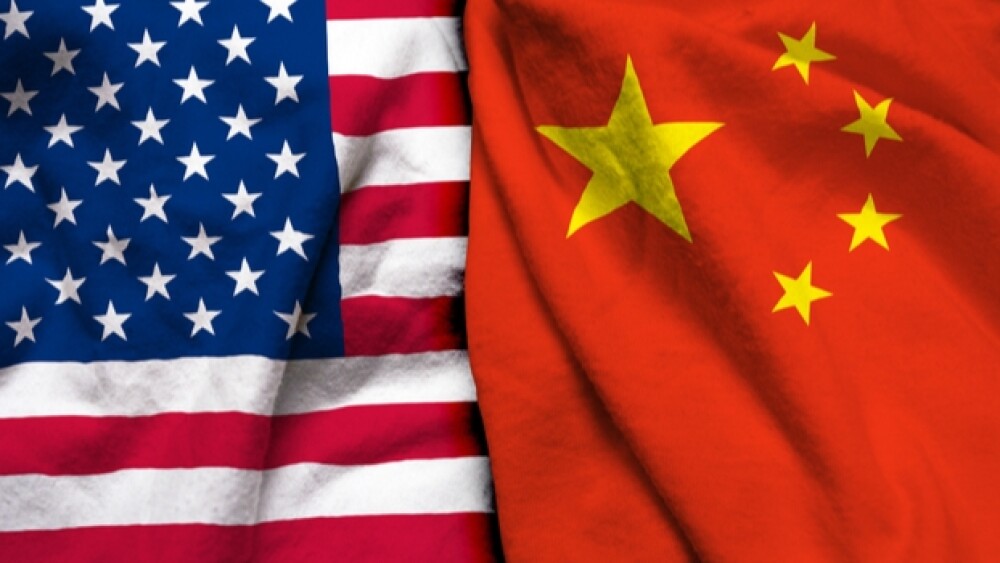The U.S. Securities and Exchange Commission has halted registrations of U.S. initial public offerings (IPOs) by Chinese companies.
The U.S. Securities and Exchange Commission (SEC) has halted registrations of U.S. initial public offerings (IPOs) by Chinese companies.
The U.S. is saying that it is waiting for the Chinese government to disclose to investors the risks to investment with the Chinese government interfering in the businesses. The Chinese government has, according to Reuters, been reluctant “to submit to U.S. auditing standards and improve the governance of companies held closely by founders.”
On its part, China has indicated it will still allow Chinese companies to file IPOs in the U.S. if they meet listing requirements. According to a CNBC report, Beijing has made several recent regulatory actions that appear to be an attempt to prevent foreign capital from flowing into Chinese companies.
The news came out when China Securities Regulatory Commission Vice Chairman Fang Xinghai held a virtual meeting on July 28 with major investment banks. The meeting came after significant sales in Chinese stocks triggered by fears of more Chinese government regulatory crackdowns.
Reportedly, Chinese stocks listed in Asia and the U.S. recently plummeted after Chinese regulators got tough on tech companies over data security and monopolistic practices.
In 2018, the Hong Kong stock exchange issued rules that allowed biotech companies that don’t have revenue or profits to list on the exchange. It was designed to improve competition with the New York exchanges. Most biotech IPOs don’t have revenue or profits, unlike, say, tech companies. For biotech companies, IPOs are created to gather funds to take a product into the clinic, particularly at the Phase II and III levels.
It did result in a flurry of biotech IPOs on the Hong Kong exchange but didn’t seem to have slowed China companies from listing on the Nasdaq. In January 2021, Gracell Biotechnologies, based in Suzhou, China, announced a U.S. IPO to raise $150 million. In the same month, Adagene, also in Suzhou, filed for a $125 million U.S. IPO. In February, Connect Biopharma Holdings, headquartered in Taicang, China, filed for a $100 million U.S. IPO. In 2020, the number of Chinese companies on American exchanges hit a 10-year high, with a total of 32 China-based companies, not all life science firms, going public for the first time.
In a February 2021 VOA article, Jay Ritter, a finance professor at the University of Florida, noted, “In spite of the talk, including congressional action about delisting Chinese companies, Chinese companies continue to go public in the United States. The last year was pretty active and this year continues to be the case as well.”
Chinese companies that list in the U.S. gain access to a greater number of investors, which leads to a higher valuation.
“For instance, there is a large and knowledgeable set of biotech investors in the U.S. markets, so biotech companies are likely to find investors that understand their business and the potential, and thus be willing to value them accordingly,” Gary Dvorchak, managing director of Blueshirt, a financial consulting firm in Beijing that advises Chinese companies on listing in the U.S., told VOA.
According to the VOA report, more than 200 Chinese companies are listed on U.S. exchanges with somewhere in the range of $2 trillion in market capitalization. However, U.S. regulators are not allowed to evaluate those companies’ books.
Although China-based stock issuers have the same disclosure obligations and legal restrictions as other non-U.S. issuers, the Chinese companies have a history of refusing to share records for auditors, such as the U.S. Public Company Accounting Oversight Board (PCAOB).
The SEC in 2020 issued a warning that it “may be materially limited” in its ability to enforce high-quality disclosure standards for these companies, and “as a result, there is a substantially greater risk that their disclosures may be incomplete or misleading.”
In 2020, Congress passed a bipartisan law that would force Chinese companies to delist their stocks from American exchanges. Former President Trump signed the Holding Foreign Companies Accountable Act (HFCA) and prohibited companies from being listed on any of the U.S. securities exchanges if the company did not comply with PCAOB audits for three years in a row.





